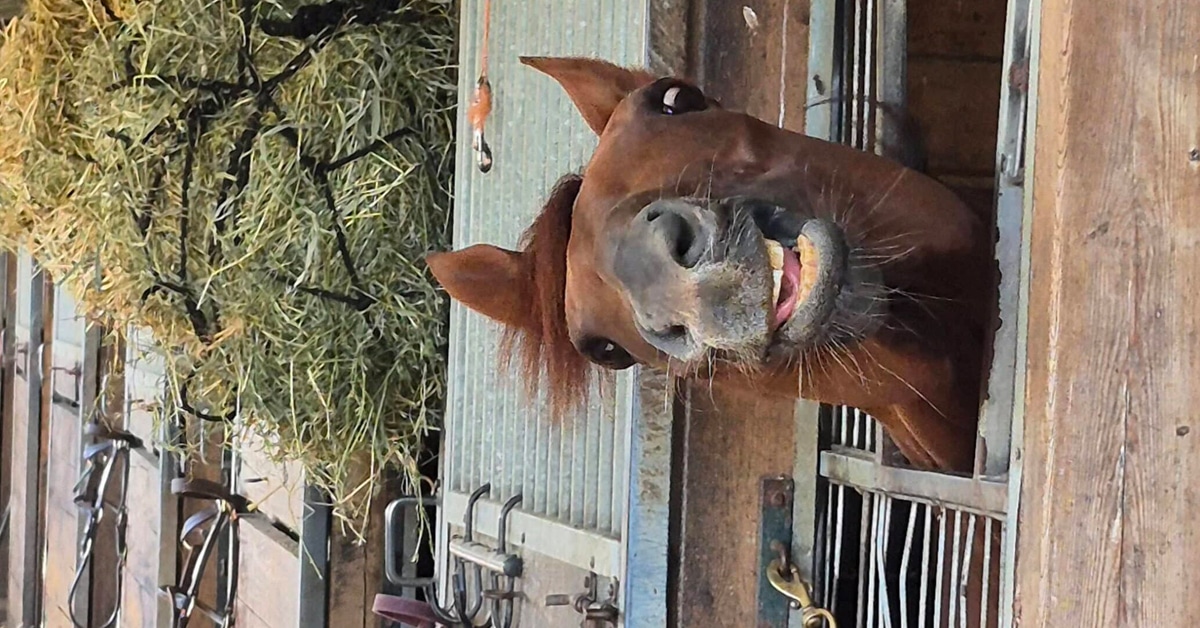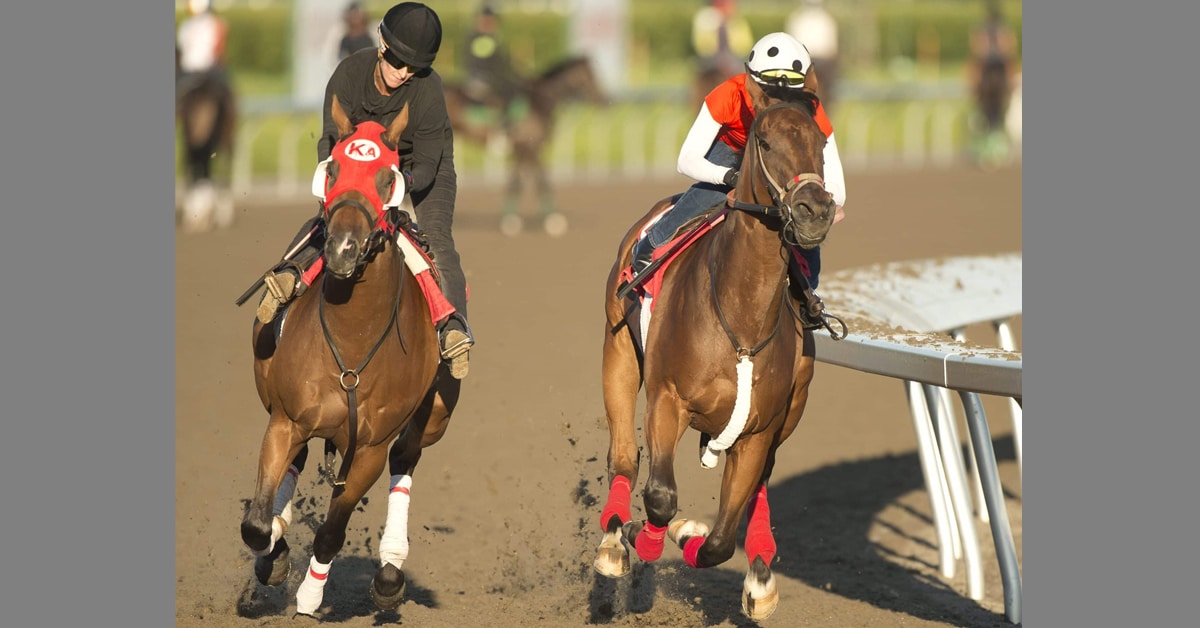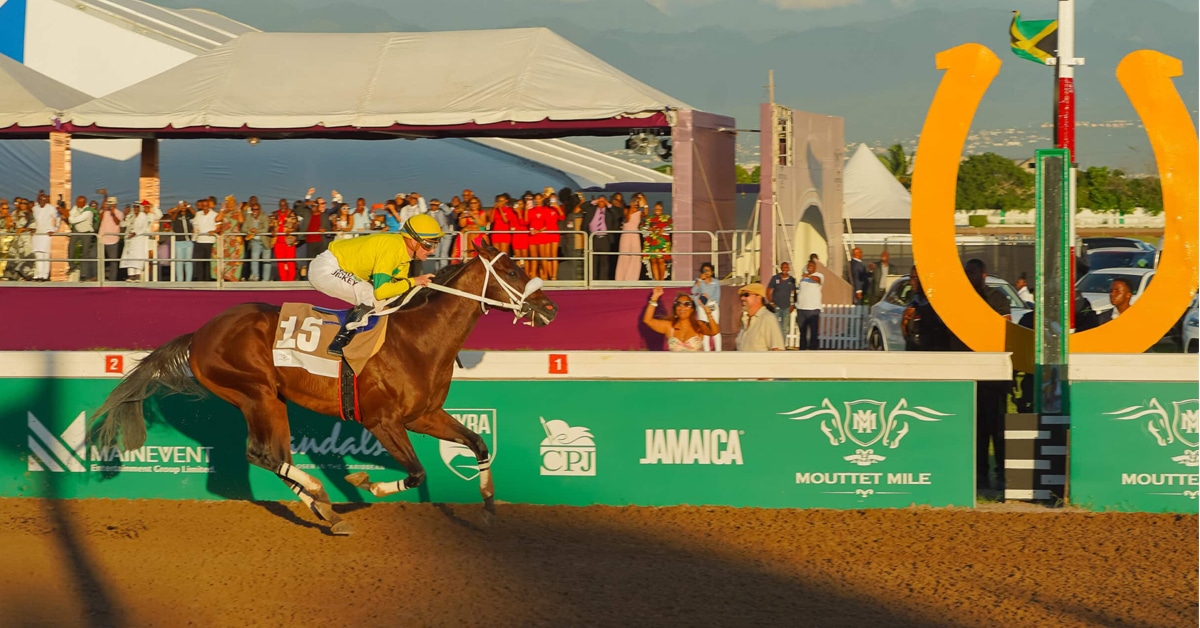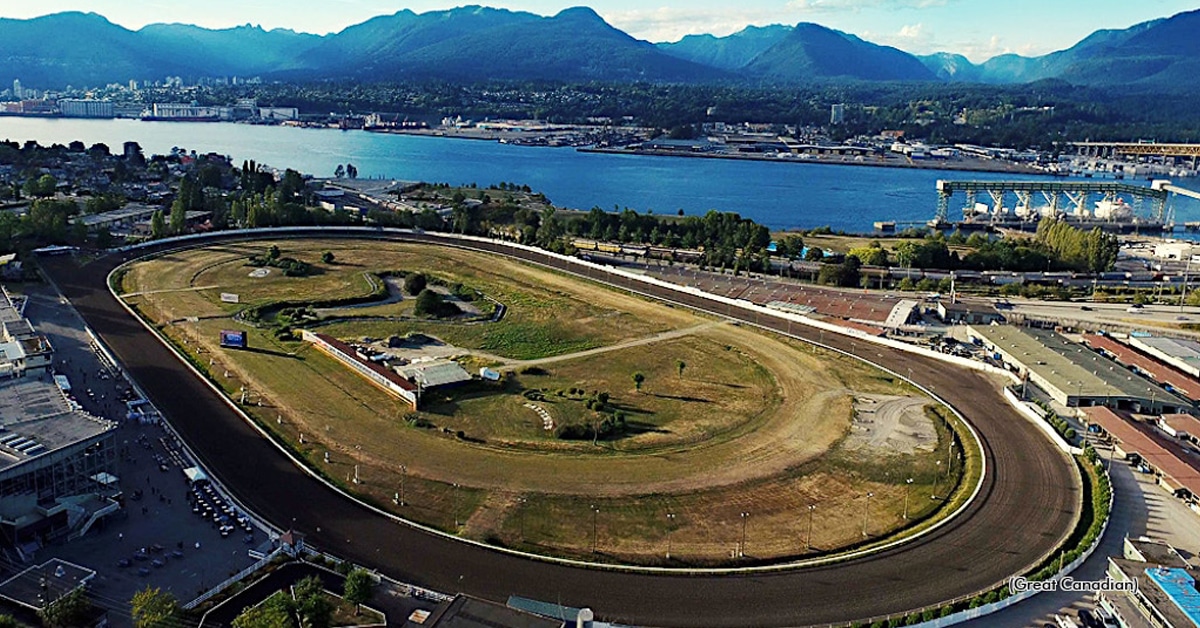In response to feedback received from industry, the Alcohol and Gaming Commission of Ontario (AGCO) has announced some changes to the Rules of Racing, as well as some initial policy reforms. The changes were developed after broad based consultations with the industry and cover a wide range of topics from race reports via Twitter, to fractional ownership, to concussion protocols.
Rule Changes include:
New Approach to Potential Conflicts of Interest for Jockeys
Rule 9.15.01 will be revised to permit a jockey or apprentice jockey to compete in a race against a horse owned or trained by their spouse or a direct family member, following disclosure of the conflict of interest to an AGCO Race Official and the Race Secretary prior to racing.
Objective: This rule change will create a more fair and transparent process for addressing conflicts of interest. Going forward, the AGCO will continue to review all conflict of interest policies related to jockeys and other licensees.
Effective Date: April 1, 2017
Eliminate Directives for Triactor and Superfecta Field Size
General Directives No. 2 and No. 3 – 2009 will be removed, providing racetracks with more flexibility to set their own field sizes.
Objective: This supports AGCO’s modern regulatory approach which allows for more flexibility in making business decisions in those areas that do not pose a risk to integrity, public safety or the public interest.
Effective Date: April 1, 2017
Human Alcohol and Drug Program Changes
Based on evidence-based research, the AGCO is revising and clarifying definitions for the Human Alcohol and Drug Program under the Rules of Racing. These include changes regarding what is deemed a prohibited substance, which includes cannabis and cannabis products, and the development of on-site screening for prohibited and impairing substances.
In addition, a number of rule changes are being made to establish “Safety Sensitive Positions” and a protocol for what positions may be considered “safety sensitive” in the future.
Further communications and engagement with industry on these rule changes will occur in the weeks ahead to support implementation.
Objective: These rule changes enhance the AGCO’s commitment to participant health and safety in Ontario’s horse racing industry.
Effective Date: April 1, 2017
Policy Reforms:
AGCO is announcing initial policy reforms aimed at increasing transparency, education, and awareness in the industry while also moving to a modern regulatory approach. Over the next 12 months, the AGCO will undertake further policy work and implement these reforms listed below. AGCO will provide regular updates to racing participants and solicit feedback and collaborative input where necessary.
AGCO Official Race Reports and Twitter – Pilot Project
As part of the AGCO’s commitment to transparency and enhanced communication, the Commission will pilot the release of race reports after a day / evening of racing. Additionally, real time communication for critical in-race calls will be enhanced with the use of Twitter.
The AGCO race reports will be available online and will include details on the calls made by Race Officials during each race and other insights impacting each race card. Daily Race reports are common in other racing jurisdictions and have been advocated for by the betting public for additional wagering insights and by participants for improving consistency.
The pilot is being launched at Western Fair Raceway in April 2017. The intent of the pilot is to get the right processes in place before potentially expanding the initiative to other racetracks. The AGCO hopes to be able to share the results of the pilot and potential next steps for expanding the service across the Province in July.
Effective Date: Pilot effective at Western Fair Raceway in April and May 2017. The AGCO hopes to be able to share the results of the pilot in July.
Rules Advisory Committee
The AGCO will launch a new horse racing rules review process in 2017, which will include the establishment of a Rules Review Racing Committee and a process for informing and engaging with the broader industry on future rule and policy changes. The AGCO is committed to ongoing collaboration with industry to ensure horse persons will continue to have input into future rule and policy changes. The Committee will be comprised of a diverse mix of industry participants.
In the months ahead, there will be further communication and engagement with industry about the Committee, which will include a call for members.
Targeting: Summer 2017
Compliance News and Information for Licensees
In April 2017, the AGCO will launch– “The Race Line”– a publication available on AGCO’s website that will provide licensees with timely information and news on the regulatory framework governing horse racing in Ontario.
This initiative is aimed at providing information for racing participants to help them in complying with the regulatory requirements. Articles will seek to cover topical issues for the industry, including: clarification of rules and compliance requirements, updates on licensing requirements, information on improving safety and compliance, and in the future, changes to the Rules of Racing and how these may impact licensees.
To ensure the content is as relevant and useful, licensees will have the opportunity to provide publication ideas.
Effective Date: April 2017– further publications scheduled for July and October 2017
Fractional Ownership – Clarifying and Aligning Rules across all Breeds
As part of the AGCO’s commitment to simplifying regulatory processes for racing participants, the AGCO will be streamlining and simplifying licensing rules for multi-owner arrangements, with a focus on fractional ownership arrangements.
The licensing rules will be reviewed, rewritten and simplified to provide consistency across all three breeds. The AGCO will also develop a guidebook for best practices. This educational approach will provide insight to new and returning members on the licensing process and best practices for multi-owner arrangements.
By making improvements to the multi-ownership licensing process, AGCO hopes to support greater opportunities for racing participants. The AGCO will continue to engage with the industry as it delivers on this commitment.
Targeting: Fall 2017
Extreme Weather Standard for Race Cancellations
As it moves to a risk and outcomes-based regulatory approach, the AGCO is developing an extreme weather standard. The standard will address racetrack cancellation policies associated with extreme temperatures. The AGCO is collaborating with industry researchers to establish scientifically determined temperatures that, if met or exceeded, would necessitate race card cancellations. The extreme weather standard will help ensure that the health and welfare of equine athletes and racing participants is safeguarded while providing racetracks with the operational flexibility to work with horse persons to cancel races when needed, so that racing participants do not incur unnecessary hardship.
The AGCO will be working with racetracks and industry participants on this reform.
Targeting: Fall 2017
Racetrack Concussion Protocol Standard
In 2017 the AGCO will begin work to establish a regulatory standard requiring racetracks to implement a concussion protocol for jockeys and drivers. With an increasing awareness of the danger of head injuries in sports, and reflecting steps taken in other horse racing jurisdictions and sporting leagues, the AGCO is continuing to ensure racing participants have appropriate health and safety protections.
The AGCO will work collaboratively with racetracks, industry associations, and other industry stakeholders on the development and introduction of a concussion protocol, for implementation at racetracks across Ontario.
Throughout this policy development process, the AGCO will provide industry with quarterly updates on the progress of the initiative.
For a complete list of rule changes and policy reforms visit this page.
More News









